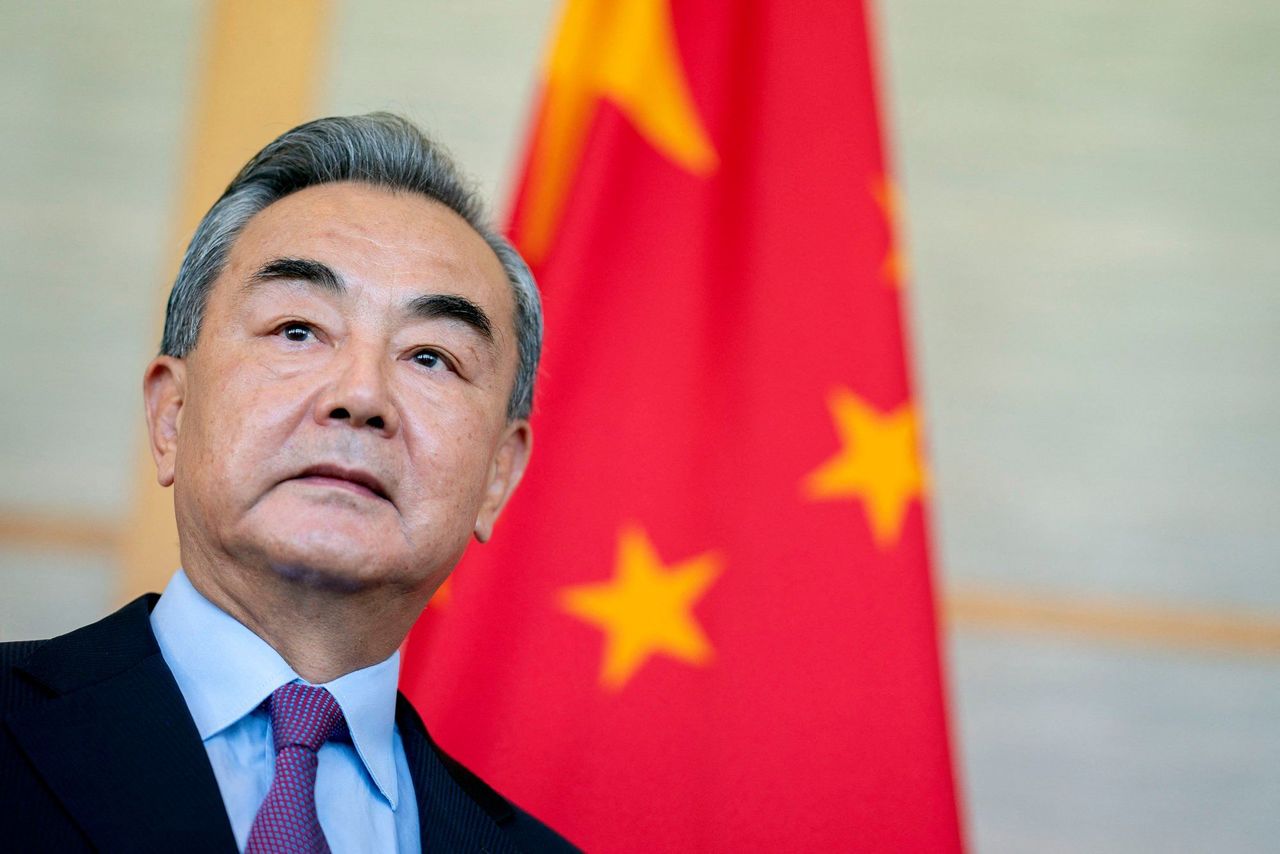Hong Kong News

Top Chinese diplomat backs Hong Kong international mediation office
China’s top diplomat has thrown his weight behind the establishment of an international mediation organisation in Hong Kong, calling it part of the country’s effort to promote world peace.
Wang Yi, the director of China’s Central Foreign Affairs Commission, gave his blessing for the organisation in a letter on Thursday.
Wang wrote that in an era of “unilateralism, rampant bullying tactics, security and governance deficit” the world needed “a good recipe to solve problems, the power to build consensus and the responsibility to lead the times”.
He said the international mediation body, to be set up by China and several other states, would be dedicated to settling arguments peacefully through dialogue.
“It is hoped that with the strong support of the Hong Kong government, the preparatory office will conclude the negotiations as soon as possible, to make great contributions in promoting the cause of human peace as well as the need to build a community for the collective mankind,” Wang wrote.
 China’s top diplomat Wang Yi backs the setting up of an international mediation centre in Hong Kong.
China’s top diplomat Wang Yi backs the setting up of an international mediation centre in Hong Kong. The international body, announced in November, was designed to capitalise on Hong Kong’s common law heritage and expertise as a dispute resolution centre to create an intergovernmental platform ideal for the resolution of international disagreements.
Wang’s letter was read out by Liu Guangyuan, the commissioner of the Ministry of Foreign Affairs office in Hong Kong, at the opening ceremony of the preparatory office.
The ministry also revealed for the first time the nations that have signed up to the mediation body so far.
It said at least nine countries – Indonesia, Pakistan, Laos, Cambodia, Serbia, Belarus, Sudan, Algeria and Djibouti – had signed a joint statement.
A source told the Post that the countries involved might send representatives to the preparatory office to help set up the body, which will be headquartered in Hong Kong.
The nine countries are part of Beijing’s Belt and Road Initiative, which connects more than 140 countries across Asia, Europe and Africa through a “New Silk Road” of railways, highways and ports.
Foreign minister Qin Gang, who spoke in a televised address from Beijing, outlined four themes for the preparation work.
He explained the office would focus on building mutual respect, a collaborative spirit, an accepting attitude and balanced development that would provide opportunities for engagement by developed countries.
Qin said the organisation was a “product of global rule of law” for the international community that would improve on the “winner-take-all” outcome common in judicial proceedings because mediation encouraged parties to meet halfway.
Chief Executive John Lee Ka-chiu promised his support for the mediation body and highlighted the city’s ability to connect with the rest of the world while having the backing of Beijing.
Lee highlighted that Hong Kong had a well-established legal system and a reservoir of talent.
“I believe Hong Kong would provide the best soil for the International Organisation for Mediation to flourish,” he said.
The city’s two biggest legal bodies, the Bar Association and the Law Society, also welcomed the development.
“The bar is particularly pleased by the establishment of the office being in Hong Kong, a leading dispute resolution centre,” Victor Dawes, the association chairman, said.
He added the move “perfectly exemplifies” the city’s status as China’s sole common law jurisdiction under “one country, two systems”, Beijing’s governing principle for the financial hub.
Chan Chak-ming, the Law Society president, said he was confident the city’s legal profession would live up to the expectations of Beijing and make good use of the opportunities the new centre presented.
Melissa Kaye Pang, president of Lawasia, a legal association for Asia and the Pacific, added the mediation centre would be “most welcome in this time of conflicts and challenges”.
“The use of mediation is an effective and efficient tool in settling international disputes, especially across borders and investment, achieving a win-win solution and causing the least damage to, if not maintaining, the parties’ relationship,” she explained.
Nick Chan Hiu-fung, director of the regional arbitration centre of the Asian African Legal Consultative Organisation in Hong Kong, said he believed the organisation could help avoid diplomatic flare-ups and even conflicts.
Other legal experts, however, have argued that the success of the body would depend on the number of countries prepared to get involved.
It was also unclear what kind of disputes it intended to tackle, such as whether it would allow a company to settle its grievances with a government or whether it would be restricted to rows between governments.
Chan said it was too early to predict how many countries would end up taking part, but that most countries would prefer a venue to resolve conflicts regardless of their size and trade volumes.











